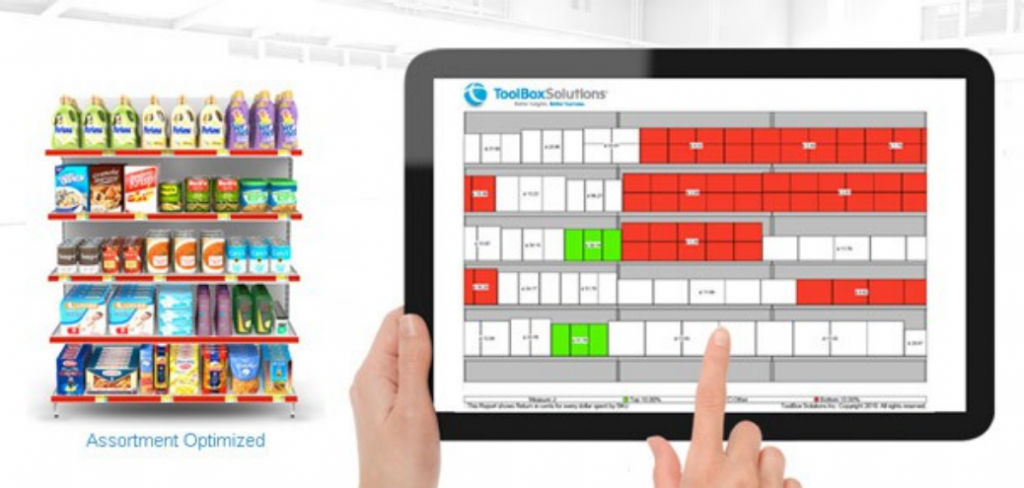Renting a commercial property is a great business idea, but in the world of business, nothing is certain. You never know when your tenant can turn out to be your worst nightmare. It is thus important to pay keen attention when the terms of lease are being agreed upon.

Getting things right from the beginning will ensure things won’t get stuck if you hit some rough patches. Angus Reed – commercial real estate expert gave a few tips to the new landlords to better equip them if any such problem arises.
- Know your tenant: Before signing the lease agreement, a landlord should always go through the background of the tenant. If possible ask them to give you the contacts of their previous landlord. If the tenant is an established company, go through the financial details of the company and that of its owners. You can consider whether a guarantor is needed if the financial status isn’t very sound. If something looks sketchy, you should not hesitate to deny the tenant.
- Go for rent deposit: If a guarantor isn’t available and there is confusion whether you should keep the tenant or not, you can always ask them to deposit a full rent as a security. This will give you some degree of security. Also, if the tenant does some damage to your property you can deduct the damages from this amount. A rent deposit agreement is a legal document which needs to be carefully drafted and must contain a list of circumstances where the landlord can withdraw from this money.
- Drafting the lease: A lease document is the heart of the landlord-tenant agreement. It is thus important to get the document drafted by a solicitor. A well-drafted lease agreement will not only save your interests from possible future problems, but will also provide you a legal backing, in case the matter goes to a court.
- Have a clear long-term view: If you want the tenant to leave your property at the end of the lease-term, you will have to mention this on the agreement. Failure to mention this could mean that the tenant has the right to continue at the end of the term(this may vary from state wise). Verbal understanding usually isn’t worth a dime. It is very important for the landlord to be clear on what he wants from the property.
- Monitor payment: Being a responsible landlord, you should always keep a track of rent payments. If there’s any delay in payment, this could be a sign that the tenant is going or may go through a financial crisis. You should be careful that the amount that is due doesn’t become so large that it becomes difficult for the tenant to pay.
- Clear your policies: A landlord should clear his policies on the first day itself, let there be no confusion. Be strict with your policies and don’t let any slip occur. If you allow an exception for once, this could create trouble for you in the long run.
- Timely inspection: Inspecting your property is a must, especially when the tenant is new. This will make it clear to them that you are concerned about your property. Carry out an inspection every month.
- Get landlord insurance: Remember if you were using the commercial property and have decided to get a tenant, you will need to get a landlord’s insurance. Your insurance company might deny your claims if you are having tenants on your property and doesn’t have a landlord’s insurance.
Although, finding a tenant can be difficult, you should not settle for someone without gathering information about the tenant or drafting the required documents.



